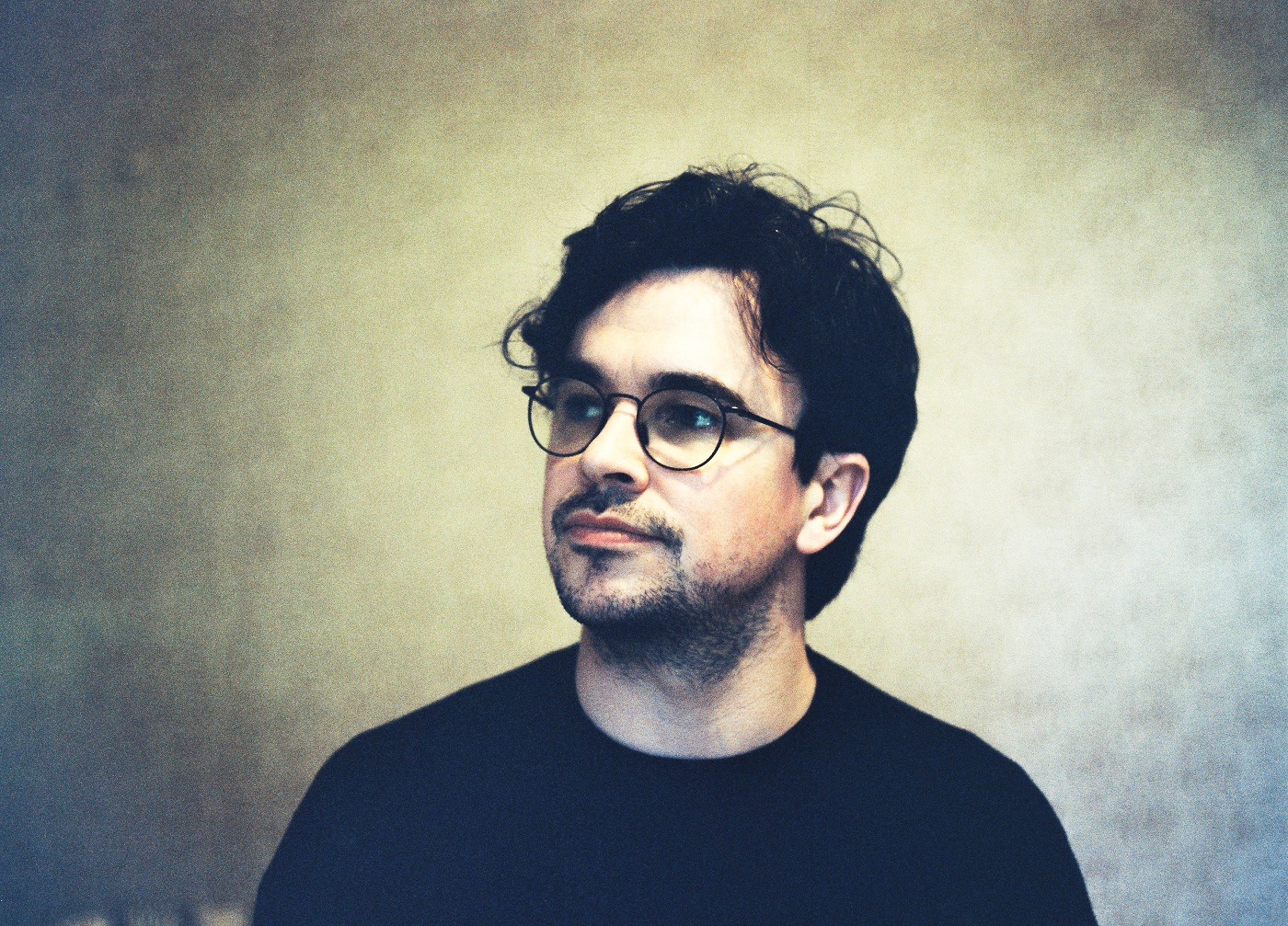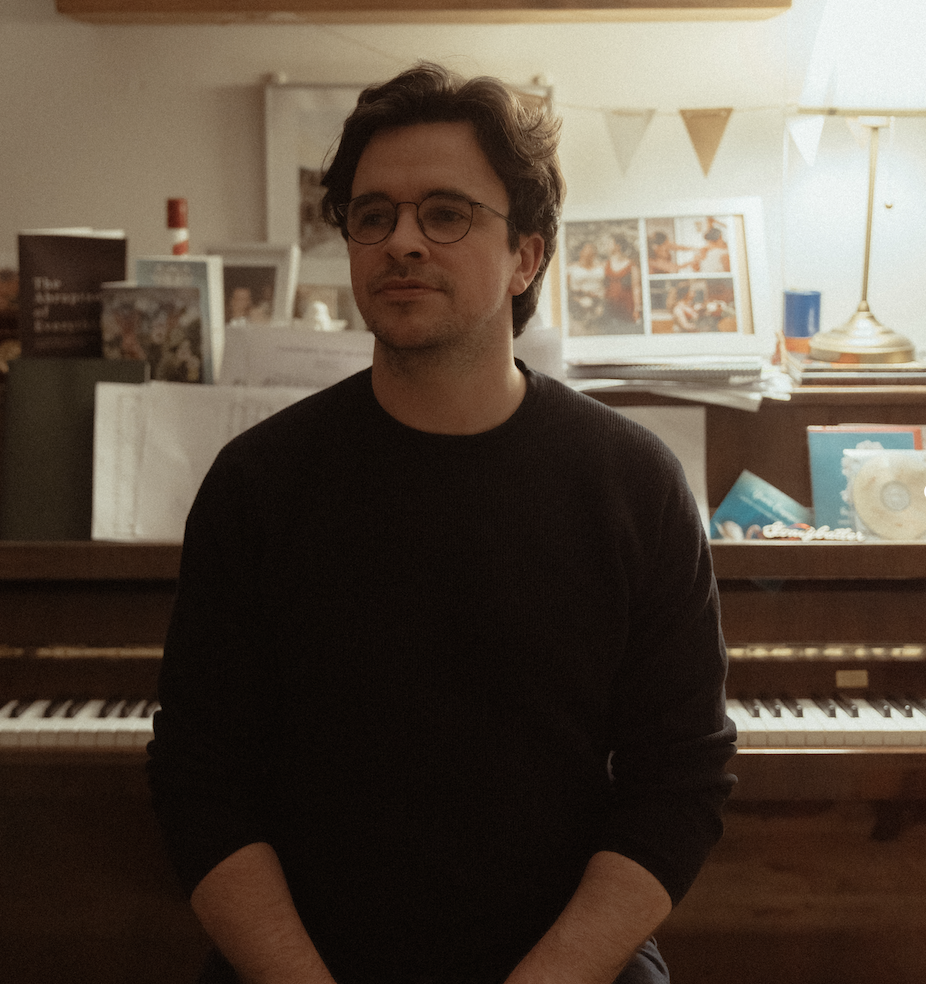Four years on from the release of his previous project Cathy & Places, a collection of tracks yearning for home written whilst travelling the world; Dublin folk singer-songwriter Callum Orr has finally returned with his debut album The Trials of Knowing, a 10-track project detailing Orr’s journey from the depths of despair to the light of hope and life’s wonder following the news of his mother’s stage 4 cancer diagnosis.
Recorded over two years from 2021 to 2023, and with recording scattered between Asta Kalapa studios in Wexford, Orr’s own apartment, and a collection of studios across Dublin; the album was co-produced alongside renowned songwriter of merit Ailbhe Reddy.
“The album has been done for the last year and mixed since last summer” Orr explains on a Zoom call from Galway, where he his wedding was held mere days previously.
“I’ve just been getting the PR and bits in place; I’m having a launch gig on in the Workman’s Cellar on 20th July and that has a lot of moving parts so I’ve just been getting all that in place. I got married last week too so July has just been like this train in the distance that’s been approaching fast but now it’s here I’m just swinging away and it's working out okay”

When was 'The Trials of Knowing' recorded and when did you first realise you were working on “the album”?
“When I had two or three songs done, I realized something was different. I’d been releasing EP’s and projects for years, but I really wanted to get out of EP land, and creating an album is really a benchmark for an artist, especially with the way the music infrastructure is now. It's easier releasing singles and EP’s and stuff but it seems as though it’s never been more difficult to release an album so that was my goal, to check writing an album off the list”
“The album was recorded across 2021 all the way through to the start of 2023 so it was a really protracted two-year period. I really enjoyed it all, and now that I’m putting it out and releasing the singles, I’m realizing I way more enjoy the process than releasing the material at the end. You get this tiny little moment of happiness but then it’s straight back on the hedonic treadmill, starting from scratch again”.
“For the album I had Ailbhe Reddy co-producing it with me so that was really helpful; she put so much into it and added all her experience of recording and releasing albums, so she helped strip away all of the fat and helped me through the process as moral support. I have a terrible habit of layering things just out of insecurity, but she was able to tell me what to cut and when there was too much going on which was invaluable”.
Did the songs written for 'The Trials of Knowing' gradually become lighter and more optimistic as writing progressed?
“It was very much the darker ones. (at the beginning) One of the most interesting things about the album for me is that it’s quite chronological. The songs are laid out almost in the order they were written, because once I decided I was writing an album the storyline and the songs just started emerging naturally themselves.
The first two or three tunes were me panicking and writing from a place of catharsis and needing to put a frame on something then over time I learned to cope with the situation and what was going on around me. Sorry, it seems as though I’m being cryptic, but the album is all about my mother getting a stage 4 cancer diagnosis.
She’s doing well now and she’s still with us, but at the time it was like a sledgehammer to the head, a really painful and scary thing to find out. Then over time, her condition improved and I was working through distilling down what we went through and what we learned and going from a very dark place into ‘I’m afraid of death, this is terrifying” into “It’s great to be alive and we need to enjoy it”.
'The Trials of Knowing' tackles some very heavy themes, but it must be nice to have happy memories of the recording process and its creation attached to it too?
“Absolutely, that’s such a good point; it really is. That’s the whole point of music in many ways, it’s quite cathartic to talk about painful things and it brings people together. In a non-musical context, the best way to deal with painful things is to lean on your community for support and that’s what music is great for, bringing people together and a reason to keep in touch with people because you have this shared goal. Its thanks to music that I have so many positive feelings attached to such painful memories”

The turning point from darkness into light on the album is “Hello Marianne”. Tell us about its creation in and why it’s so important in the context of the album?
“Of course, ‘Hello Marianne’, is basically a letter addressing my mother because she was in a very dark place thinking about leaving us behind and she started nearly preparing us for her passing. My sister was expecting her kid and Mum starting knitting sweaters for the baby because she said she wasn’t going to be around and that she wanted there to be things to pass down to the baby.
At the same time, she also nearly started cutting ties with us in a way, which is insane for her because she is so wrapped up in our lives and loves us to bits and so the song is appealing to her to come back, because everything was going to be alright which it thankfully was. The doctors tried to put a timescale on her life but she smashed everyone’s expectations and has made an amazing recovery”
Could you expand on the impact of the anthropologist Ernest Becker on the album?
“Of course; well I’ve only really read one book by Becker and it was called The Denial of Death, which I wouldn’t really recommend as it’s a very dark book. He’s from the post-Freudian school of psychoanalysis and what he’s best known for is this theory that all human edifice and religion and culture and war is just this thing we create to repress the fact that we are all, at an animal level, terrified of the extinguishing of our mortality; and that while we are in mortal bodies we can imagine the infinite and so the disconnect between those two things causes massive trauma and the way we deal with that is try to raise ourselves into the infinite and try to transcend our physical bodies.
I was thinking about death to a very destructive degree at the time, trying to better understand it all and this made me worse I’d say but I wouldn’t go back and unread it, it’s very invaluable to know, but a lot of the fear that you hear on the album, all the nihilism, comes from reading this book”
The Trials of Knowing is out now. Callum Orr launches the album at The Workman's Cellar on Saturday 20th July. Tickets are €12 and are on sale now.
